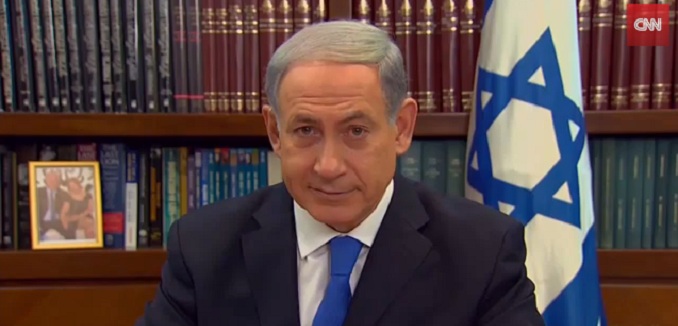The Associated Press describes a burgeoning “strange alliance” between Israel and Saudi Arabia, the latest development in what has become a cascade of regional adjustments by traditional U.S. allies concerned that Washington is ceding its traditional role as a regional power:
In one of the region’s oddest pairings, Israel and the Gulf Arab states led by Saudi Arabia increasingly are finding common ground — and a common political language — on their mutual dismay over Iran’s history-making overtures to Washington and the prospect of a nuclear deal in Geneva that could curb Tehran’s atomic program but leave the main elements intact, such as uranium enrichment.
Jerusalem and Gulf nations have reportedly been shaken by the Obama administration’s decision-making in Egypt, where the White House vacillated and then eventually punished Cairo over the overthrow of the Muslim Brotherhood-linked Mohammed Morsi government; in Syria, where the White House vacillated and then failed to attack after its “red line” against chemical weapons use was crossed; and Iran, where the White House is widely seen as vacillating on its pledge to only strike an interim deal with Iran that prevents Tehran from making progress in pursuing a nuclear weapons capability.
The AP tersely noted that “the stepped-up anxieties on Iran could bring new space for the Gulf-Israel overlap.”
CNN yesterday carried analysis by Barak Seener, Associate Middle East Fellow of the Royal United Services Institute, describing how “GCC States and Israel have increased their intelligence sharing to counter an Iranian threat.”
[Photo: CNN / YouTube]




